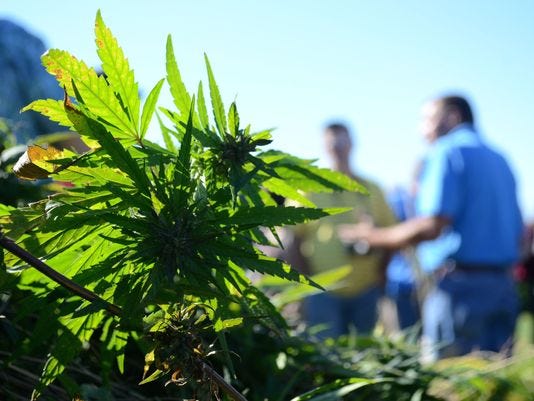
 15.01.2021 23:22 (zuletzt bearbeitet: 15.01.2021 23:23)
15.01.2021 23:22 (zuletzt bearbeitet: 15.01.2021 23:23)
|
|
If you're confused about whether the CBD products flooding your city or town are totally above board, join the club. CBD is at the center of a complicated legal morass that's in constant flux. Here's what we currently know -- and what's accurate -- at the date of publication. |

 instant
instant Thema drucken
Thema drucken


 Antworten
Antworten